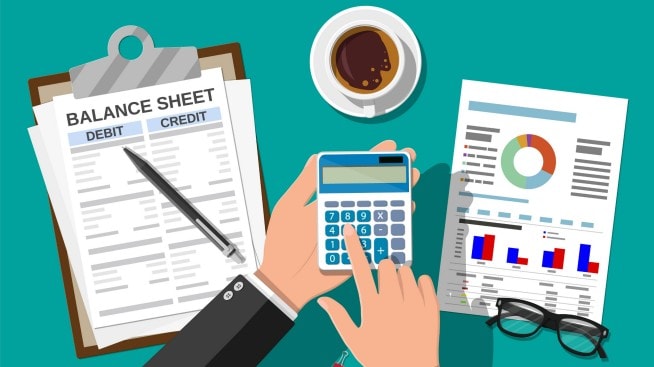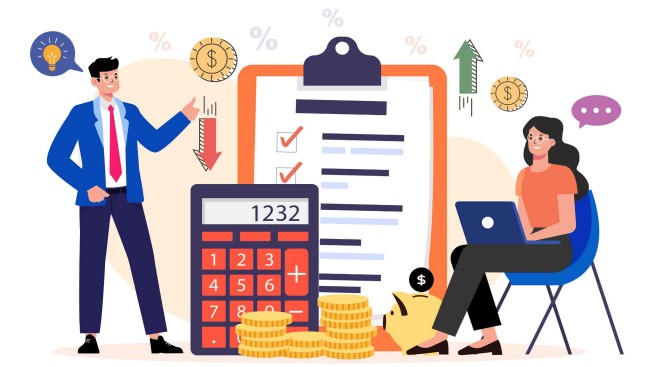How to build credit for beginners

At first glance, it appears to be a classic chicken-and-the-egg situation: You need a regular credit card to build up a good credit score—by showing you can pay your bills on time. But you need a good credit score to get a regular credit card in the first place. How does it work?
The answer is that there are certain kinds of credit cards that you can apply for without having a credit score. Here are your options:
- Apply for a secured credit card
- Become an authorized user on a credit card whose owner has a good credit score
- Get a store credit card with a small limit
- Find someone who will be a co-signer with you on a regular credit card
Once you have one of these, you can start to prove your creditworthiness—in large part by always meeting your payments and not maxing out your card. Once you have a history of on-time payments and prudent credit use, you're on your way to being able to apply for a regular credit card.
Below is a guide on how each option works, so you can choose the one that best fits your situation. But first, it helps to understand the very basics of how to build a credit score and what they're used for.
What is a credit score?
Your credit is a 3-digit score ranging from 300-850, and serves as a gauge of just how creditworthy you are. Lenders use these scores to determine whether you can have a credit card, and on what terms. The higher your credit score is, the better. A credit score is made up of factors like payment history, available credit, total balances, the mix of credit type, length of credit history, and the frequency and amount of new credit you're applying for. But on-time payments and a low "utilization ratio" are by far and away the two most important things as they make up large portions of your score. A utilization ratio is basically the amount of outstanding debt on your card, versus the credit limit on the card. There's no set number, but the rule of thumb is to try and keep your outstanding balance at less than 30% of your credit limit. You'll generally find that your payment history makes up 30% of your score while your credit utilization will make up another 30% of your score. Depending on the credit reporting agency, these two together could total up to 65% of your score, so it may be worth focusing on these two factors.
What is your credit score used for?
Lenders may look at credit scores to help them make loans and credit decisions and may also play a role in being approved or denied for apartment rentals, home loans, phone lines, student loans, credit cards and more. In addition to being used for approvals or denials for applications, your credit score may also determine interest rates and credit limits when it comes to regular credit cards and personal loans.
How to build credit with a credit card
You can build your credit with a credit card in the following ways:
Use a secured credit card
Secured credit cards may be an option for those with little to no credit. Secured cards are like pre-paid credit card, where the required security deposit is typically the same amount as the credit limit. Even so, they are used and paid off in the same way as a regular credit card, so they can be used to help establish a record of healthy spending habits.
Become an authorized user
Becoming an authorized user of a card held by a family member with a good credit score is one of the quickest and easiest ways of establishing a credit score. While it's not just family members who can authorize you to use their account, usually parents or other immediate family members are the ones to do this because they have to trust you to use their account wisely.
When you become an authorized user, the primary card holder will be sent an extra card with your name on it. Activity from that credit card will become reflected on the authorized user's credit report over time. This means that positive habits like making consistent on-time payments and keeping the credit card balance low will become reflected on the authorized user's credit report - in addition to the main account holder's.
On the other hand, any late or missed payments could will affect both the authorized user and main cardholder. If the primary cardholder sticks your card in a drawer instead, the on-time payments will begin to contribute to a good credit score over time.
Apply for a store credit card
Retailers and businesses will often approve applicants with little credit history for a store credit card. These cards usually carry a noticeably higher interest rate, yet your payments on these cards are reported by the three main credit score bureaus. They're one way of building up a good payment history–assuming you pay your bills on time!
Get a co-signer
An individual with established, strong credit, can serve as a cosigner on a credit card to increase your chances of being approved for a credit card when you have no credit. In this case, though, a co-signer is putting the fate of their credit score in your hands. Any missed payments on your part will damage their own credit score–as well as yours.



